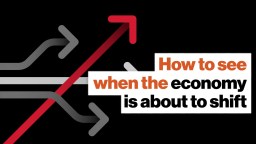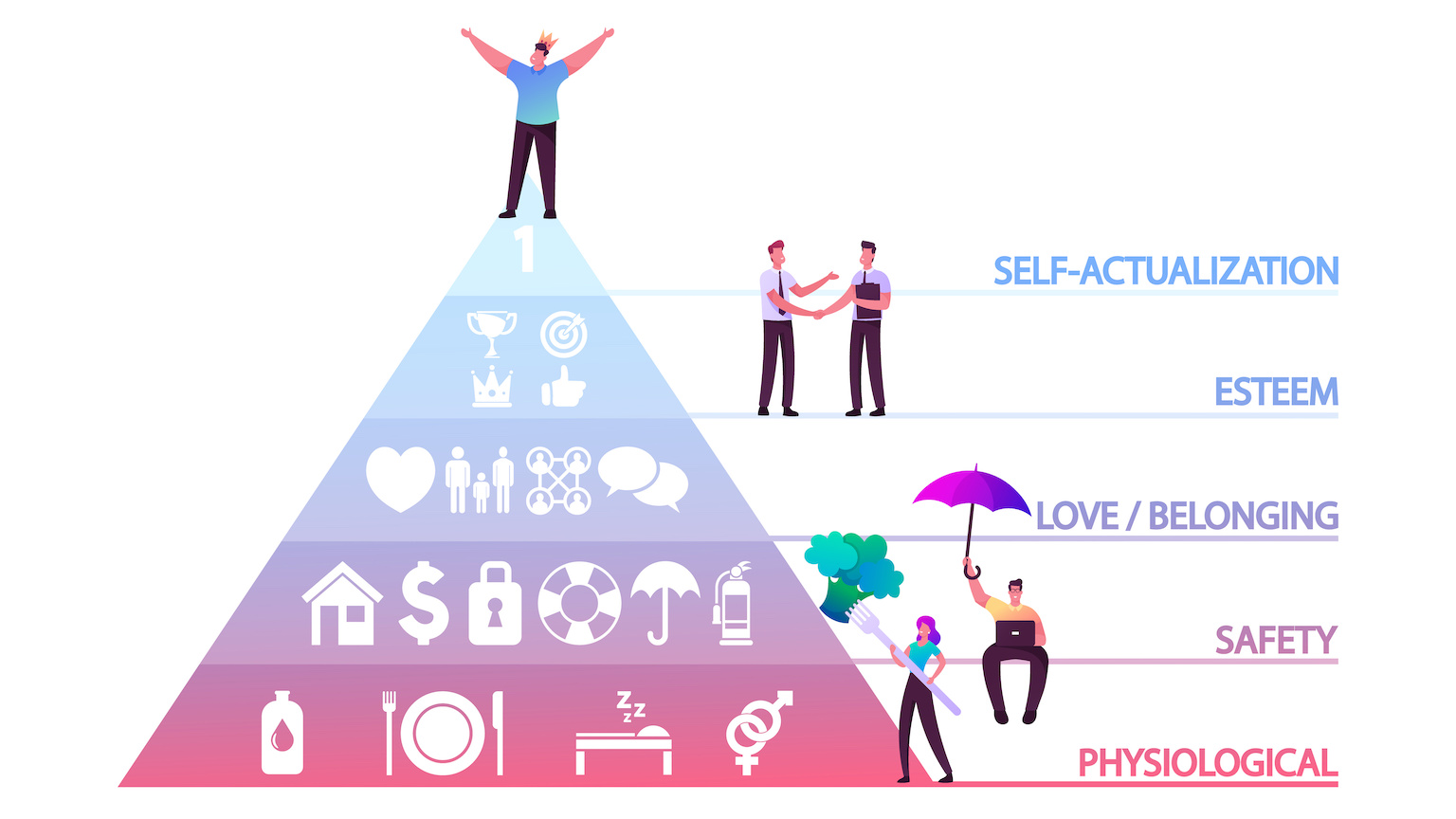How to manage life’s “inflection points” better

- Inflection points have the potential to change the direction of your life.
- Such moments often stand against your life plans.
- When facing an inflection point, you need to ask two questions about your choices.
In mathematics, an inflection point presents the moment when a line’s curvature alters. The line’s got a nice convex vibe going on when suddenly — well, we imagine it feels sudden to the curve — things are moving in a concave direction.
Rita McGrath, a professor of business strategy at Columbia Business School, adopted this concept to describe the unexpected market shifts faced by business leaders. These leaders enjoy predictable patterns for years, but then the market veers into unknown territory. This new trajectory forces them to respond or else they risk being left behind.
McGrath saw that her analogy extended beyond the business world and into everyday life. These are the moments when a potential change in direction leaves you wondering, “Where’s this going to take me?”
A change of course
When facing an inflection point in your life, the first thing McGrath recommends is dropping your misconception that there’s a laid-out path.
“I’m often asked by my students, ‘Oh, you know, what’s my life plan? What should I do?’” McGrath told us in an interview. “They want to see it all laid out in some kind of map. In reality, if you ask anybody who’s been successful, it’s a series of zigs and zags and unexpected things that happen in between.”
Inflection points toss that personal course into question. You were a surefire college graduate but you just received a tremendous job offer. You were the live-happily-ever-after couple, but now you’re shopping for divorce lawyers. And then there are the numerous zigs and zags of parenthood.
But just as a map is a two-dimensional representation of an ever-evolving ecology, a life map can only be as accurate as the information gathered in that moment. It needs to be continuously updated and revised as things change.
“I think a lot of us are kind of afraid sometimes of inflection points in our own lives. And yet, a lot of times those are where the best opportunities really come from,” McGrath said.
Navigating inflection points
If you feel an inflection point coming in your life, McGrath suggests asking two questions:
- Is what I’m doing either expanding my range of options or constricting them in a meaningful way?
- Does this next step have the potential to teach me something?
If the answer to both is yes, then it represents a high-quality choice. That doesn’t mean everything will work how — again, a decision is only as good as the information you have at the moment.
We like McGrath’s approach because it helps limit indecisiveness. When we see an inflection point coming, we can sometimes freeze, looking for that perfect response—the kind of response our biographical heroes would muster. But there is no perfect response. What McGrath’s questions provide is a heuristic to improve the odds of a productive, high-quality decision. It may not work out, but by answering both questions with a yes, we improve our chances.
And for those moments when things don’t work out? Just ask your biographer to editorially massage those chapters.
Learn more on Big Think+
With a diverse library of lessons from the world’s biggest thinkers, Big Think+ helps businesses get smarter, faster. To access Rita McGrath’s expert class for your organization, request a demo.





